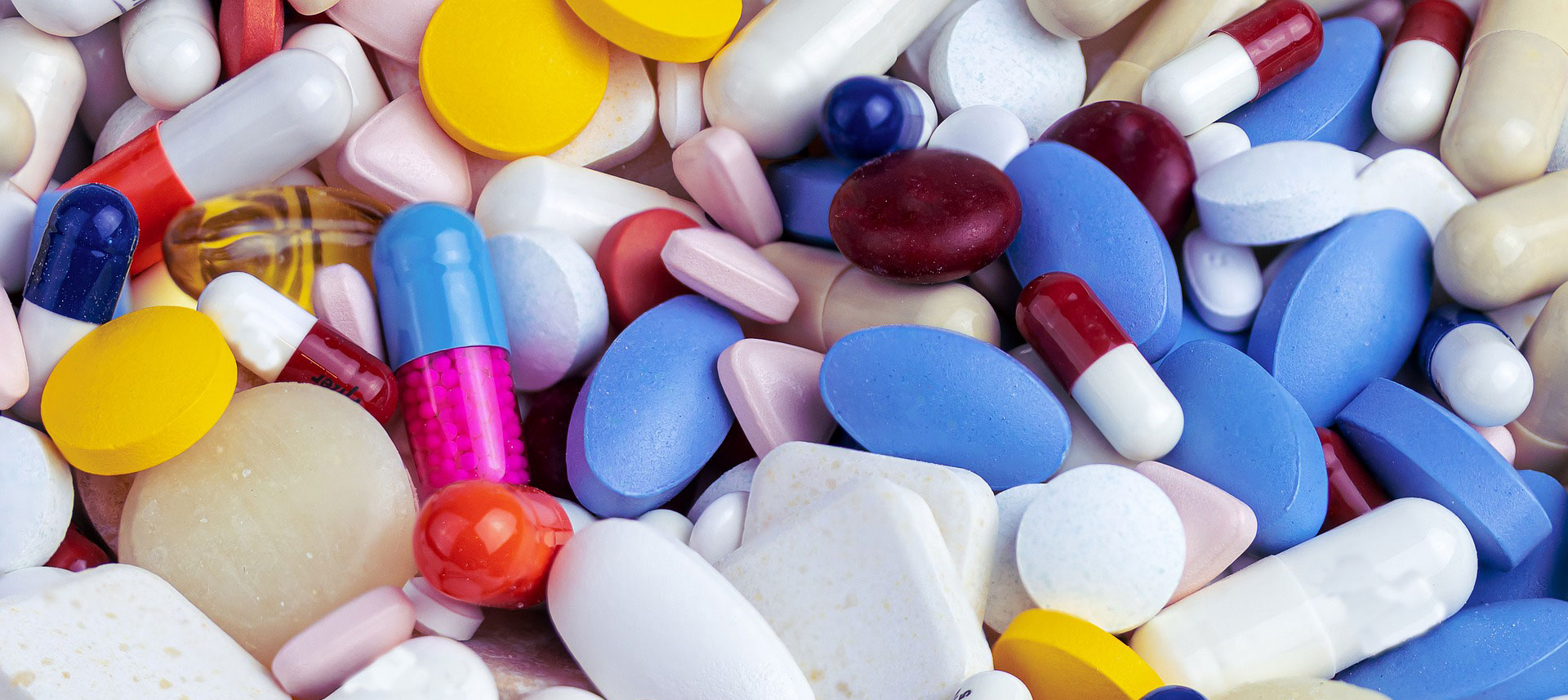


“All other components of a drug formulation other than the active drug”
(Lou Blecher, 1991)
Pharmaceutical excipients are inactive substances other than the active ingredient, which are included in a drug formulation to serve several purposes. They can modify drug absorption, pharmacokinetics, and drug stability, while they help overcome the limitations of the API in terms of manufacturability. Excipients are added in drug formulations also to improve their taste and appearance, while extending their expiration date.
The development of novel drug delivery systems has brought changes in the conventional use of excipients. Currently, they play a variety of different roles in a formulation and their purpose goes far beyond increasing the bulk of the formulation and streamlining the manufacturing process.
Some of the most important uses of excipients are listed below:
Binding of ingredients
Binder excipients cement together the active and inert ingredients in a tablet or granule. They act as an adhesive that forms a bridge between the two types of ingredients and thus imparting the necessary mechanical strength to the product.
Modification of the solubility and bioavailability of active pharmaceutical ingredients
Excipients are generally pharmacologically inert, but they play a significant role in improving the dissolution of poorly aqueous soluble compounds, and thus affecting the bioavailability of a drug product.
Increasing the stability of active ingredients in the dosage forms
Achieving the chemical and physical integrity of a pharmaceutical dosage form is essential to ensure the safety and the efficacy of a drug product. Excipient interactions with active pharmaceutical ingredients can affect the drug stability by altering moisture content, changing micro-environmental pH, acting as general acid/base catalysts, directly reacting with drug and other mechanisms [1].
Improving patient acceptance
Excipients can enhance the patient’s acceptance of a drug formulation by masking unpleasant tastes or odours, and improving palatability, ingestion, or appearance.
Considering the number of patients that need regular doses of medications and the amount of medications produced for young children, patient compliance turns into a key factor in drug manufacturing.
Due to the substantial impact of excipients on the pharmaceutical formulations, selecting the appropriate ones, is considered an important step in the drug manufacturing process that should be carefully examined.
A precisely chosen excipient may reduce manufacturing costs by being multifunctional or may improve patient’s experience by offering a better taste.
The API properties, process, and target formulation should be taken into account, so that the excipients selected best suit your formulation, while they provide a balance between time efficiency, cost effectiveness and expected product quality.
References:
△